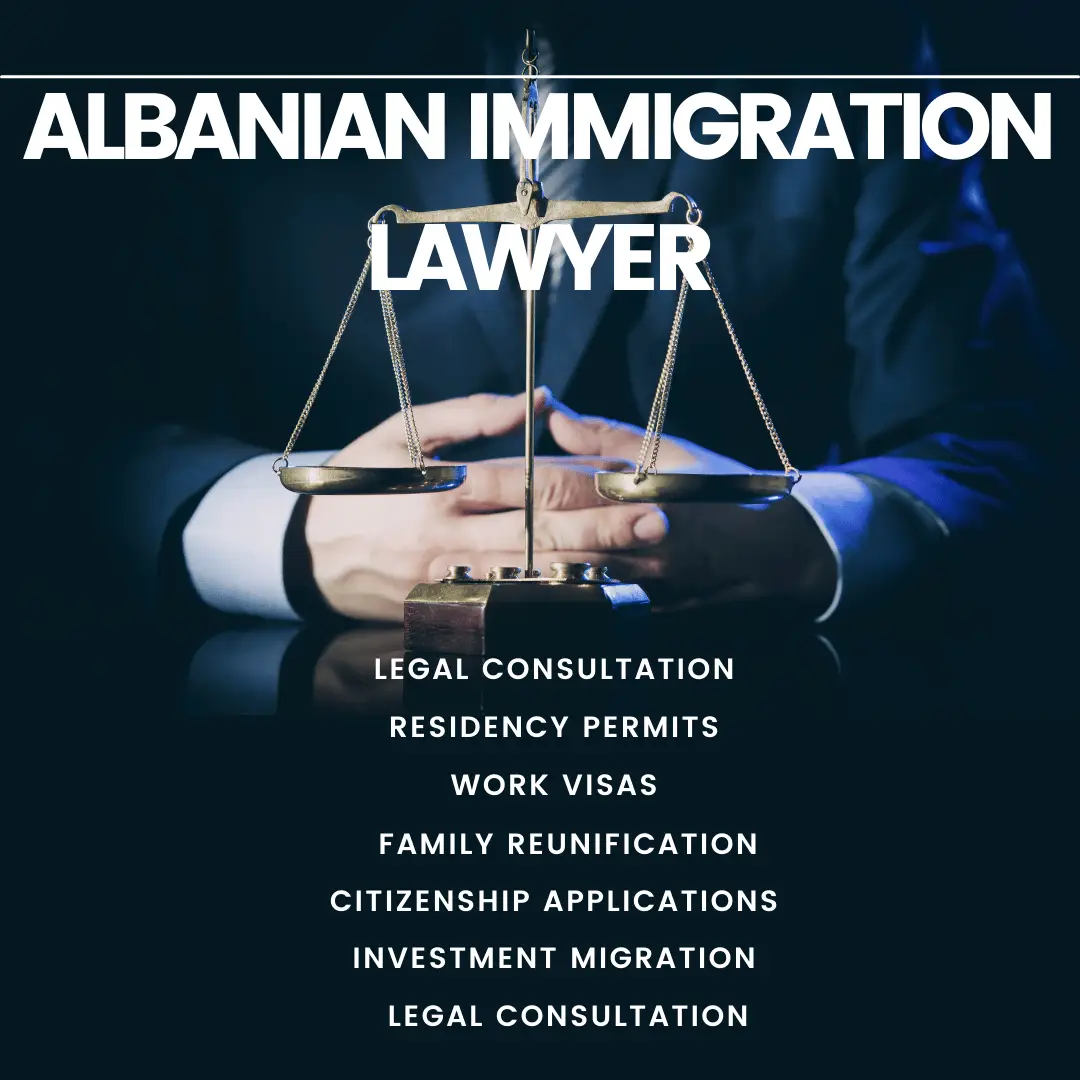Greece Links Albania’s EU Accession to the Protection of Greek Minority
Albania’s EU Future at Stake
Albania’s EU future hangs in the balance as Greece takes a firm diplomatic stance, making it clear that acceptance into the European Union depends on one critical condition: enhanced protection for the ethnic Greek minority living within Albania’s borders.
The move comes at a crucial time. Albania has already initiated reforms to align with EU standards but now faces additional hurdles in its path to European integration. Greek officials emphasise that they do not want anyone to interpret their position as meaningless.
To obstruct Albania’s progress but to ensure lasting protections for a vulnerable community.
Behind Greece’s Demands
At the heart of Greece’s position lies a long-standing concern for Albania’s estimated 100,000-strong Greek community. The Greek government is pushing for concrete guarantees – from property rights to cultural preservation – before it will give the green light to Albania’s EU aspirations, turning minority rights into a key bargaining chip in the accession process.
Key demands include stronger protections for Greek-language education, recognition of property rights in predominantly Greek areas, and more excellent representation in local government structures. Historical grievances, including disputes over religious properties and cultural heritage sites, have also shaped Greece’s current stance.
Regional Implications
This diplomatic standoff has broader implications for Balkan stability. Other EU member states are watching closely, which could set precedents for future accession negotiations.
The situation also highlights the complex web of minority rights issues throughout the Balkans, where ethnic communities often span national borders.
Economic Considerations
The stakes are exceptionally high, given the significant economic ties between the two nations. Greece remains one of Albania’s largest trading partners and foreign investors.
Prolonged diplomatic tension could impact bilateral trade, cross-border business ventures, and regional economic cooperation projects.
Navigating the Path Forward
It creates a delicate balancing act for Albania. While Albania’s EU future represents a primary strategic goal, the country must balance satisfying Greek demands and maintaining its sovereign approach to minority policies.
Albanian officials have expressed willingness to engage in dialogue while emphasising their commitment to protecting all minority rights by European standards. The coming months will be crucial as both nations work to find common ground, with experts suggesting that EU mediators might play a key role in facilitating negotiations.
Progress will likely require a careful blend of diplomatic finesse, concrete policy reforms, and sustained political will from both sides.










